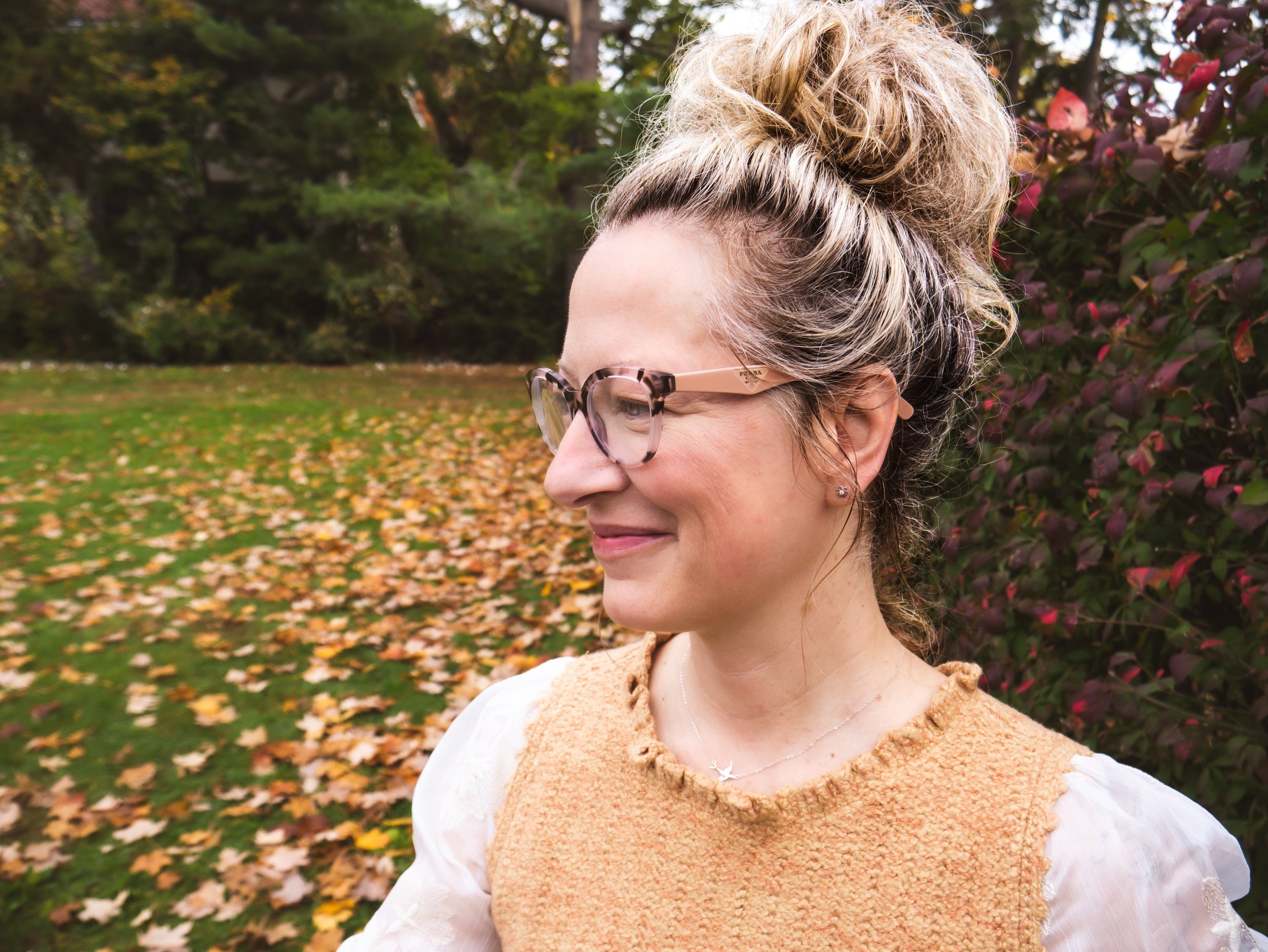Amy Beth Kirsten
"...one of America's most innovative and visionary composers." BBC Music Magazine March 2019
teaching is a vital part of my life as a creative artist
Composition Seminar @ College of DuPage, 2014
Composing is a response — to an idea, a situation, a human moment. As a teacher, my aim is to help students cultivate their own unique responses to the world by listening to their inner voice, uncovering meaningful connections, and articulating what they most want to express. I also see the role of a composition teacher as one of support: recommending, advising, and motivating students as they discover new opportunities to learn and make art.
A vital part of discovery is play. I encourage students to “play in the sandbox,” freeing themselves from the pressure of producing something “great” on demand. Strategies I share include improvising on unfamiliar instruments or objects, recording and transcribing vocal improvisations, sketching with graphic symbols, and random listening and score study. These approaches often prove most fruitful at the start of a project, when generating material can be daunting. Once an idea has sparked, lessons focus on craft: form, development, transition, orchestration, and guided score study.
Alongside play, I emphasize collaboration as a composer’s most valuable skill. Working with poets, painters, dancers, directors, and designers requires generosity, shared language, and openness to new perspectives. Such exchanges often lead to the most revelatory and unexpected artistic paths.
In classroom teaching, I draw on interactive and embodied learning. Students think critically, work collaboratively, and speak and sing — deepening understanding by voicing concepts aloud. Musical examples are often tied to the historical and social contexts that shaped them, with written work designed to foster listening, response, and critical thinking.
Ultimately, my teaching seeks to combine freedom of play, rigor of craft, and the courage to collaborate — so that students not only compose music, but discover themselves as artists.
I don’t currently give lessons outside of school and summer festivals. But you can find me on the faculties of The Juilliard School and Curtis Institute of Music as well as these summer programs: Emerging Composers Intensive and Juilliard Summer Composition Program.
For those seeking a “trial lesson” before applying to schools, I invite you to explore my teaching philosophy above and the video interviews (here) to give you a sense of who I am as an artist and a teacher. I look forward to learning more about you and your work through the yearly application process.

